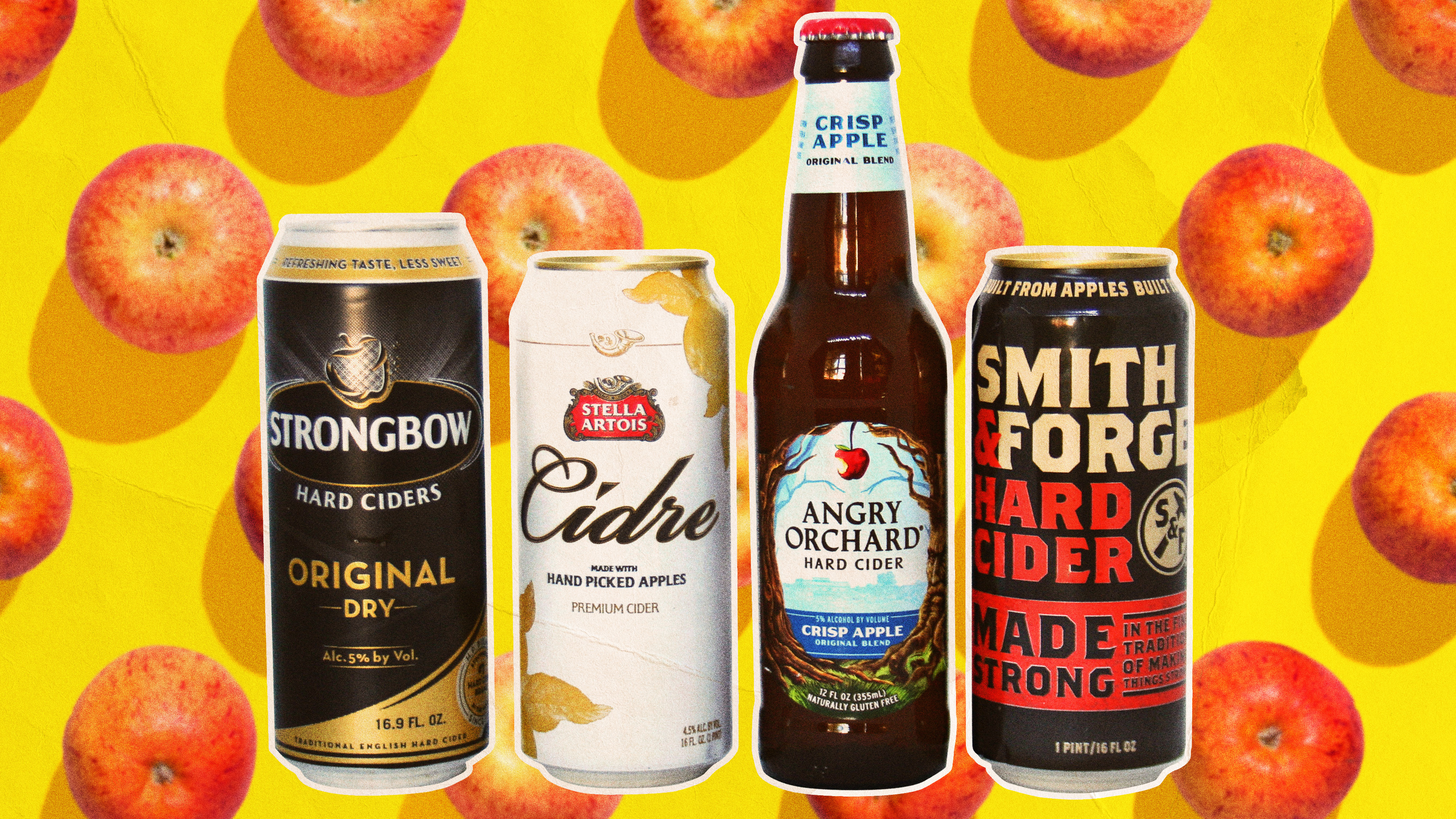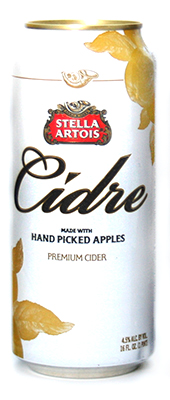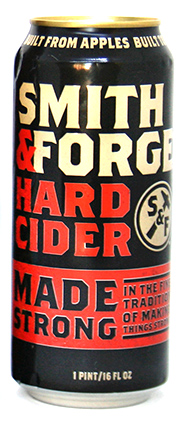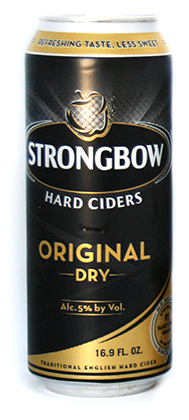What's The Best Mass-Market Hard Cider?
Though it's often lumped in with beer on store shelves and bar menus, cider is a category all its own. It's actually much closer to wine than beer; after all, hard cider is (like wine) the fermented juice of a fruit. America is home to roughly 800 cideries that produce the entire spectrum of hard ciders: dry, sweet, sparkling, still, funky, tart, barrel-aged... But unless you live in a cider-progressive city like Portland, Oregon, you're likely to only find one or maybe two ciders options at a store or bar.
Given the ubiquity of the major brands, they're often your only choices. So when you're in the mood for a fall-appropriate, refreshing but boozy apple beverage, which of the major brands is your best bet? I put on my cider-expert cap and taste-tested some with my (non-cider-expert) friends.
Before we get to the results, a quick note on sweetness: Some people complain that mass-market ciders are too sweet, and often I agree with them. But sweetness in cider is not always a bad thing; in fact, some sugar is a desirable component of most styles of cider. What sweetness should be, though, is balanced by the cider's acidity and/or by its tannins (the same compounds that give wine its "dryness"). So, I didn't knock ciders just for being sweet, but I did make a note if that sweetness was unbalanced or cloying.
Stella Cidre
Deploying the same strategy as it did with its beer, Stella Artois would like to position Cidre—so French-sounding, so fancy—as the classier mass-market option. (It's still owned by Anheuser-Busch InBev, for the record.)
This cider's aroma combines green apple skin with a slight peppery spice that grows as the cider sits in its glass; overall, my friends and I find its aroma similar to applesauce.
Flavor-wise, it's appley-sweet but not overly so, with some small notes of baking spices like nutmeg and a decent white-wine-esque dryness at the swallow. That slight astringency is my favorite part of this cider: It keeps the sip refreshing instead of saccharine sweet.
I could drink one of these.
Angry Orchard Crisp Apple
Cider snobs like to bash Angry Orchard, but this brand did more to introduce America to hard cider than anyone since Johnny Appleseed, probably. Also, Angry Orchard owns orchards in Walden, New York, where it grows the apples for some of its more esoteric (and more critically acclaimed) specialty ciders.
But esoteric this is not. All I get from the aroma is red apple flesh and Welch's apple juice. I sniff and search and can't find any winelike notes, or spice, or complexity.
On the tongue, the residual sugar is tough to handle, as it's not balanced by enough acidity for my taste. There's a moment of shy-of-Granny-Smith tartness at the start of the swallow, but it's quickly swept away by more sweetness. At times I get a flavor akin to pear, but it's not doing much for to redeem the overall saccharine bomb. My friend says only Jeff Goldblum's character in The Fly could handle this sugar.
Smith & Forge
You can tell straight away from Smith & Forge's blocky typeface and vague allusions to iron working that the brand is parent company MillerCoors' attempt to market hard cider to dudes. But I am a lady, and I still drank it.
Smith & Forge stands out aromatically because it has a bit more complexity; my non-cider-expert friends can actually find a flavor here besides "apple." One said it reminded her of a baking apple crumble. I get a hint of leather, in a good way. It's kind of earthy, the way an actual unfiltered apple cider might smell.
The flavor delivers more of the same: a kind of mulled apple depth, where the apple is lightly browned and rounded by a cinnamon-like spice at its edges. It's still sweet, no doubt, but at least it has some depth of flavor. It tastes like fall and those jugs of murky brown cider you get at the pumpkin-picking farms, and while I still wish it dried out a bit more, this cider is one I could enjoy on a cold fall evening.
Strongbow Original Dry
The only imported cider of our lineup, Strongbow markets itself as part of the English cider-drinking tradition. For cider newbies, that doesn't mean much, and honestly, there's nothing overtly English in this cider's aroma or flavor.
It emits a yellow-apple scent, with a hint of some sweeter fruit note akin to pineapple juice. There's a bit of green grape below that, which gives me hope for some flavor complexity.
And yeah, there's some white-grape tartness happening on the tongue, alongside a lot of thin yellow apple juice. What's odd about this cider is that it's not too sweet, but it's not too... anything. It's like a thin, "session" cider, giving me the impression I'm just drinking apple water. My friend says she thinks it's dryer than most of the others, and I'm inclined to agree. I could probably drink a whole can of this without thinking much about it.
The winner
I'm surprised when it's revealed that the cider I liked best was Smith & Forge, since I can't remember the last time I bought one. It wins because it offers some fall-appropriate spices and a browning apple note that's comforting, like real unfiltered cider. It's still sweet, and if I was planning on drinking more than a can's worth, I'd opt for the relative dryness of the Stella Cidre.




